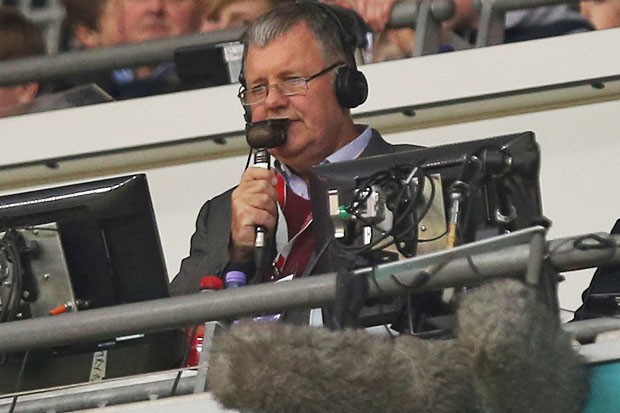Veteran football commentator Clive Tyldesley has opened up about his long and storied career, sharing insights into his most memorable moments behind the microphone, his philosophy on commentary, and his reflections on football’s evolution.
Tyldesley admitted he was never good enough to be a professional athlete, but his passion for sport was always matched by a fascination with storytelling. For him, great commentary is about capturing the essence of the moment rather than ranking events or goals. “Sport belongs in its moment,” he said, emphasizing that the commentator’s job is to add emotion and meaning to those lasting memories.
Discussing his famous lines, including the iconic “And Solskjær has won it!” from the 1999 Champions League final, Tyldesley revealed that while he never scripts commentary, he prepares detailed notes to capture the potential stories on both sides. He confessed that his instinctive call broke the “Devon Loch rule” of never declaring victory too early, but the emotion of the moment took over as Manchester United completed their historic treble.
Tyldesley also discussed how commentary has evolved. He noted that modern coverage has become more conversational, influenced by podcasts and sports talk shows. While he appreciates this trend, he cautioned that having too many voices in the booth can make audiences feel like outsiders listening in rather than participants. For him, the key is to speak to the audience, not over them.
Recalling his early career, Tyldesley fondly remembered commentating at venues like Anfield, Celtic Park, and Cardiff’s Millennium Stadium, which offered what he called “no-excuses commentary positions.” He also reflected on his time covering the England women’s team at the 1995 World Cup, humorously admitting he was “only drunk twice” in his life—one of those times with the players after their quarter-final loss to Germany.
A lifelong Manchester United supporter from Bury, he said working in football changed his perspective, as he began commentating on friends rather than heroes. He expressed admiration for Arsène Wenger’s Arsenal, believing they deserved a Champions League title during their peak years.
Away from football, Tyldesley revealed his enduring love for music, calling Joni Mitchell “one of the great lyricists” whose words still move him deeply. Whether discussing football or music, his reflections carry the warmth, humility, and passion that have defined one of broadcasting’s most distinctive voices.

